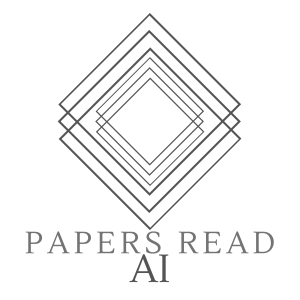
How Close is ChatGPT to Human Experts? Comparison Corpus, Evaluation, and Detection
 2023-01-23
2023-01-23
The introduction of ChatGPT has garnered widespread attention in both academic and industrial communities. ChatGPT is able to respond effectively to a wide range of human questions, providing fluent and comprehensive answers that significantly surpass previous public chatbots in terms of security and usefulness. On one hand, people are curious about how ChatGPT is able to achieve such strength and how far it is from human experts. On the other hand, people are starting to worry about the potential negative impacts that large language models (LLMs) like ChatGPT could have on society, such as fake news, plagiarism, and social security issues. In this work, we collected tens of thousands of comparison responses from both human experts and ChatGPT, with questions ranging from open-domain, financial, medical, legal, and psychological areas. We call the collected dataset the Human ChatGPT Comparison Corpus (HC3). Based on the HC3 dataset, we study the characteristics of ChatGPT's responses, the differences and gaps from human experts, and future directions for LLMs. We conducted comprehensive human evaluations and linguistic analyses of ChatGPT-generated content compared with that of humans, where many interesting results are revealed.
2023: Biyang Guo, Xin Zhang, Ziyuan Wang, Minqi Jiang, Jinran Nie, Yuxuan Ding, Jianwei Yue, Yupeng Wu
https://arxiv.org/pdf/2301.07597v1.pdf
view more
More Episodes
Long Range Graph Benchmark
 2022-10-26
2022-10-26
 57
57
 2022-10-26
2022-10-26
 57
57
Taming Transformers for High-Resolution Image Synthesis
 2022-10-25
2022-10-25
 63
63
 2022-10-25
2022-10-25
 63
63
GLM-130B: An Open Bilingual Pre-trained Model
 2022-10-18
2022-10-18
 65
65
 2022-10-18
2022-10-18
 65
65
Human Motion Diffusion Model
 2022-10-13
2022-10-13
 61
61
 2022-10-13
2022-10-13
 61
61
Transformers are Sample Efficient World Models
 2022-09-17
2022-09-17
 63
63
 2022-09-17
2022-09-17
 63
63
StyleGAN-XL: Scaling StyleGAN to Large Diverse Datasets
 2022-09-14
2022-09-14
 50
50
 2022-09-14
2022-09-14
 50
50
Musika! Fast Infinite Waveform Music Generation
 2022-09-05
2022-09-05
 53
53
 2022-09-05
2022-09-05
 53
53
012345678910111213141516171819
Create your
podcast in
minutes
- Full-featured podcast site
- Unlimited storage and bandwidth
- Comprehensive podcast stats
- Distribute to Apple Podcasts, Spotify, and more
- Make money with your podcast
It is Free
- Privacy Policy
- Cookie Policy
- Terms of Use
- Consent Preferences
- Copyright © 2015-2024 Podbean.com




